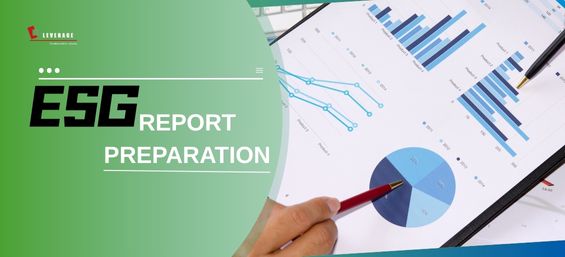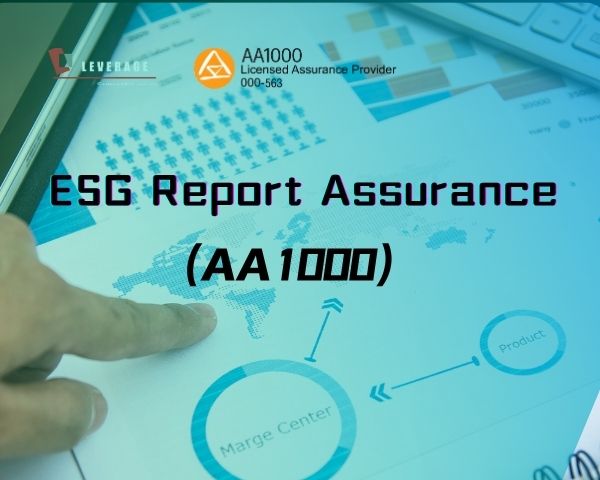
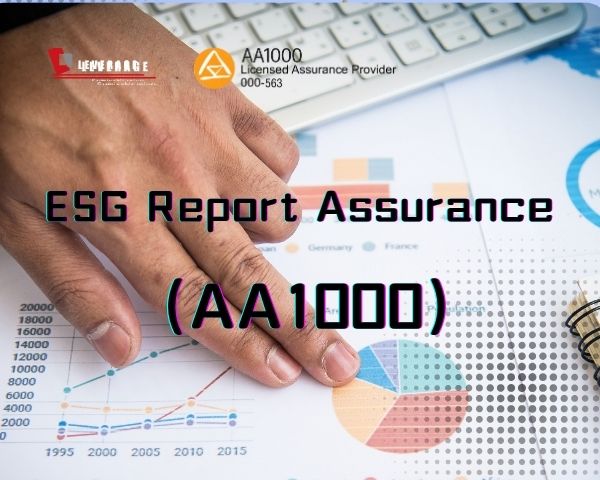
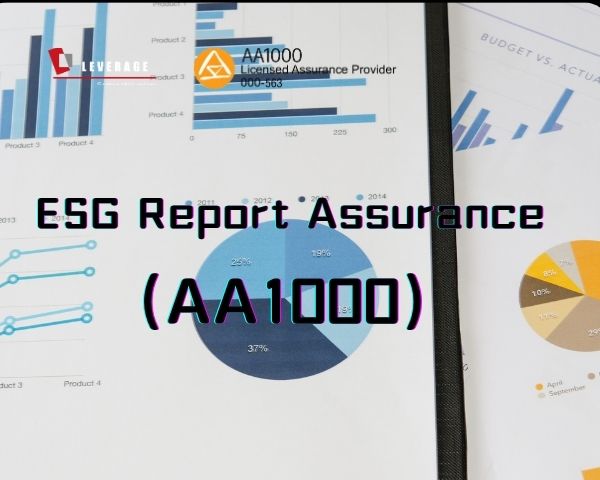
AA1000 (ESG/TCFD) Report Assurance
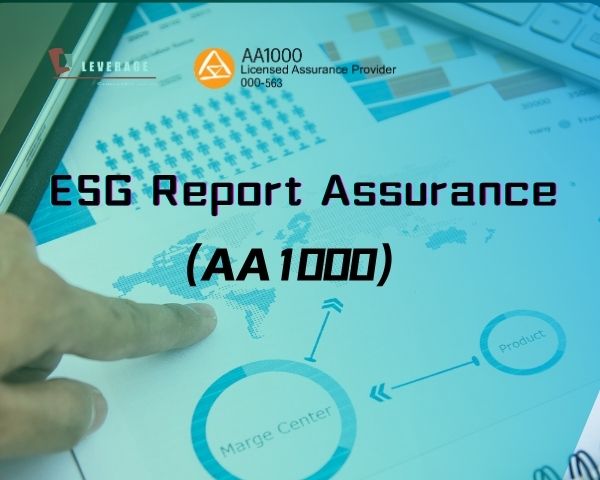
In recent years, with the rapid increase in the number of ESG/TCFD reports disclosed by enterprises, stakeholders have become increasingly concerned about the quality, reliability, and authenticity of ESG/TCFD report content. Major stock exchanges, the U.S. SEC, and EU regulatory bodies have set requirements or made recommendations regarding the quality of sustainability information disclosure by listed enterprises. They suggest that enterprises ensure the reliability of their ESG/TCFD information through 3rd assurance. Conducting ESG/TCFD report verification can enhance the credibility and transparency of information and data reports. The AA1000 Assurance Standard, developed by Accountability, aims to provide organizations with effective verification and social accountability management tools and standards. It is the world's first verification standard for ESG/TCFD reports and has a wide range of applications.
Basic Principles of the AA1000 Assurance Standard
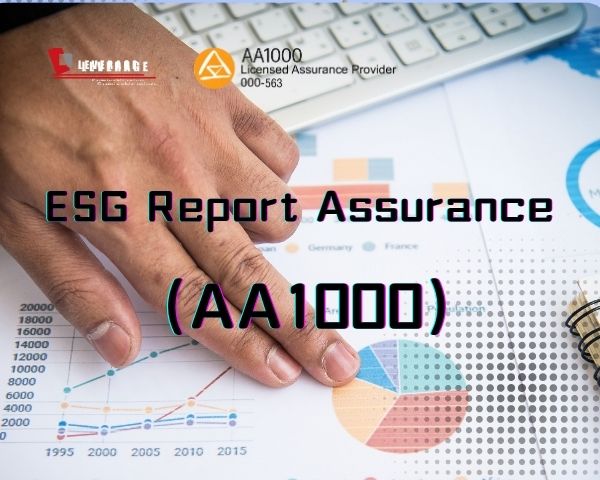
Inclusivity Principle: Organizations should actively identify stakeholders and engage them when establishing material sustainability issues and developing strategic responses to these issues.
Materiality Principle: Decision-makers should identify and clearly understand significant sustainability issues.
Responsiveness Principle: Organizations should respond timely and relevantly to material sustainability issues and their associated impacts.
Impact Principle: Organizations should monitor, measure, and be accountable for how their actions impact the broader ecosystem.
Benefits of AA1000 Report Assurance for Enterprises

● Enhancing Trust and Reputation
● Increasing Core Competitiveness
● Better Understanding of Sustainable Development
● Meeting Regulatory Requirements
● Improving ESG Ratings
● Supporting Sustainable Development

